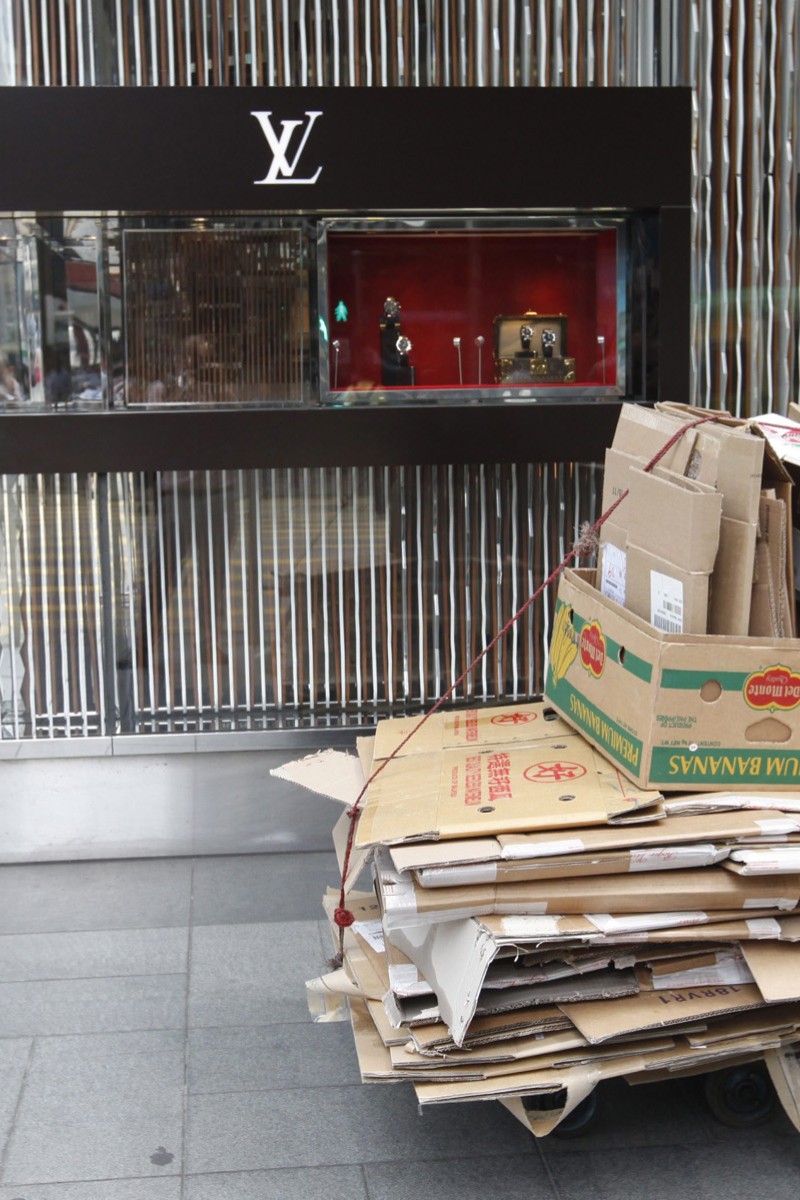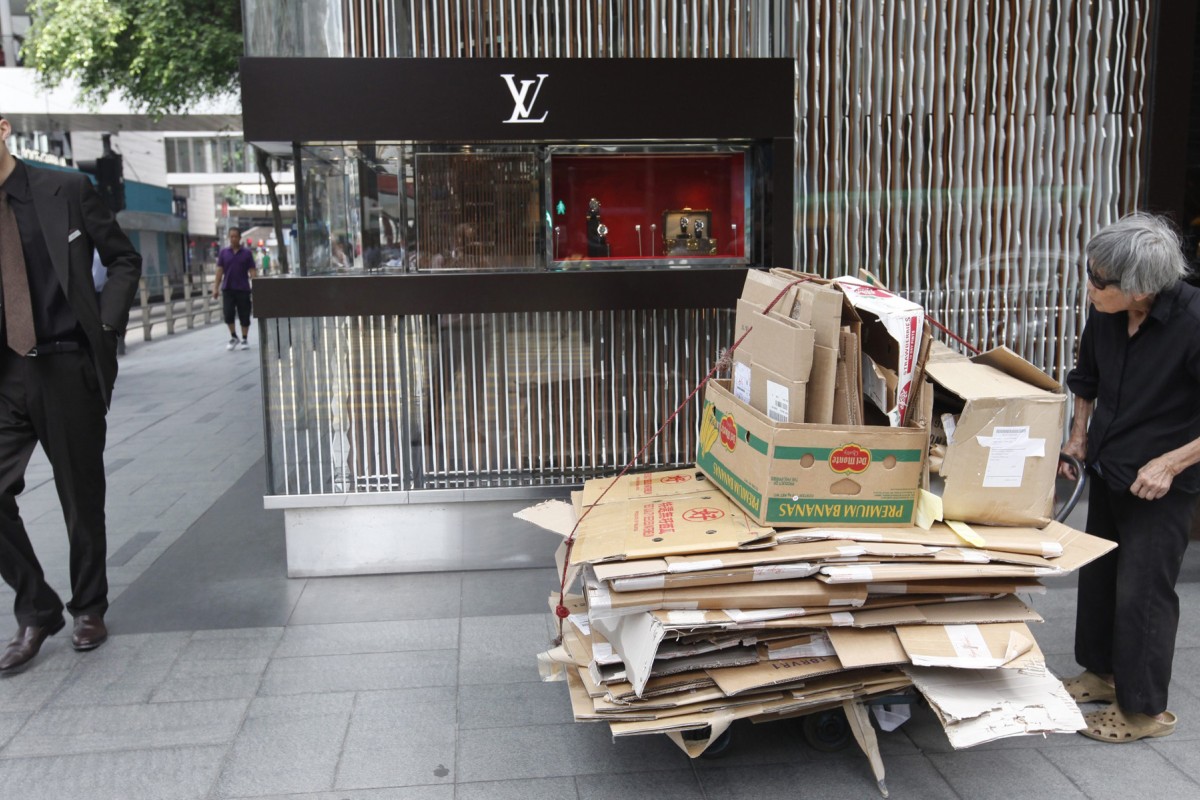
Mainland China is on a strong anti-corruption, anti-monopoly, and equal opportunity drive, yet it reverses its course with Hong Kong. Perhaps this is because the political fight has overshadowed the economic argument.

Why are thousands of young protesters taking to the streets, resisting tear gas and pepper spray, to fight the government of a global superpower in Beijing? Our alienated next generation is demanding the right to use the vote to reverse a long-hidden deterioration of Hong Kong’s free market.
They want to stop local crony capitalism – the worst in the world according to The Economist – that is not only morally wrong, but also worse for development.
As real wages in Hong Kong stagnate, the cost of living has skyrocketed. This has increased poverty, and widened the rich-poor divide - the worst inequality gap in the developed world.
A lack of reform to equalise access to education, housing, and healthcare has stopped equal opportunity and labor mobility. Moreover, limited welfare and retirement protection leaves many feeling that they have been left behind in old age. Because of these limitations, booms in finance, trade, retail and real estate do not trickle down from the rich. This will eventually stunt local consumption and in turn investment, harming long-term growth.
There is resistance to these economic ideals from rich, elite tycoons. As they are aided by Beijing’s policies, they normally support them. Hence, the closed door meeting between Xi Jinping and Hong Kong’s tycoons last month.
These tycoons become super-rich thanks to artificial barriers to competition in utilities, transportation, shipping, supermarkets and real estate. It gives tycoons no incentive to innovate to beat competitors, which inevitably leads to low environmental and quality standards.
This power concentration provides pricing power to exploit consumers and workers. It also reduces fair competition, which is worse for growth than any short-term investment reduction from restructuring these cartels. To top it off, they take the majority of their earnings through tax-free dividends, increasing the tax burden on the middle class.
Government priorities seem to cater more to tycoons than to the average consumer, who represents Hong Kong’s best interests at this moment. For example, the government is slow to reduce land prices that are so high that only the wealthiest developers can afford to bid. Land revenue is automatically invested in infrastructure that is increasingly turning into ‘white elephants’, great novelties to have, but too expensive to upkeep.
All these new high-speed rail links, runways and flyovers ignore massive structural problems of poverty and inequality. And as Spain’s current stagnation shows, a lack of consumption caused by poverty can do more damage than reduced infrastructure spending.
A vote is a right to voice an opinion to correct ineffective government policy. The emotional and logical argument is there, but the character argument is missing because of the lack of public leadership.
Mainland China has begun a strong anti-corruption, anti-monopoly, and equal opportunity drive, yet reverses course with Hong Kong. Perhaps this is because the political fight has overshadowed the economic argument.
Of course, Chief Executive Leung Chun-ying believes that giving each and every person deciding power is not the best thing for our economy and here's why.